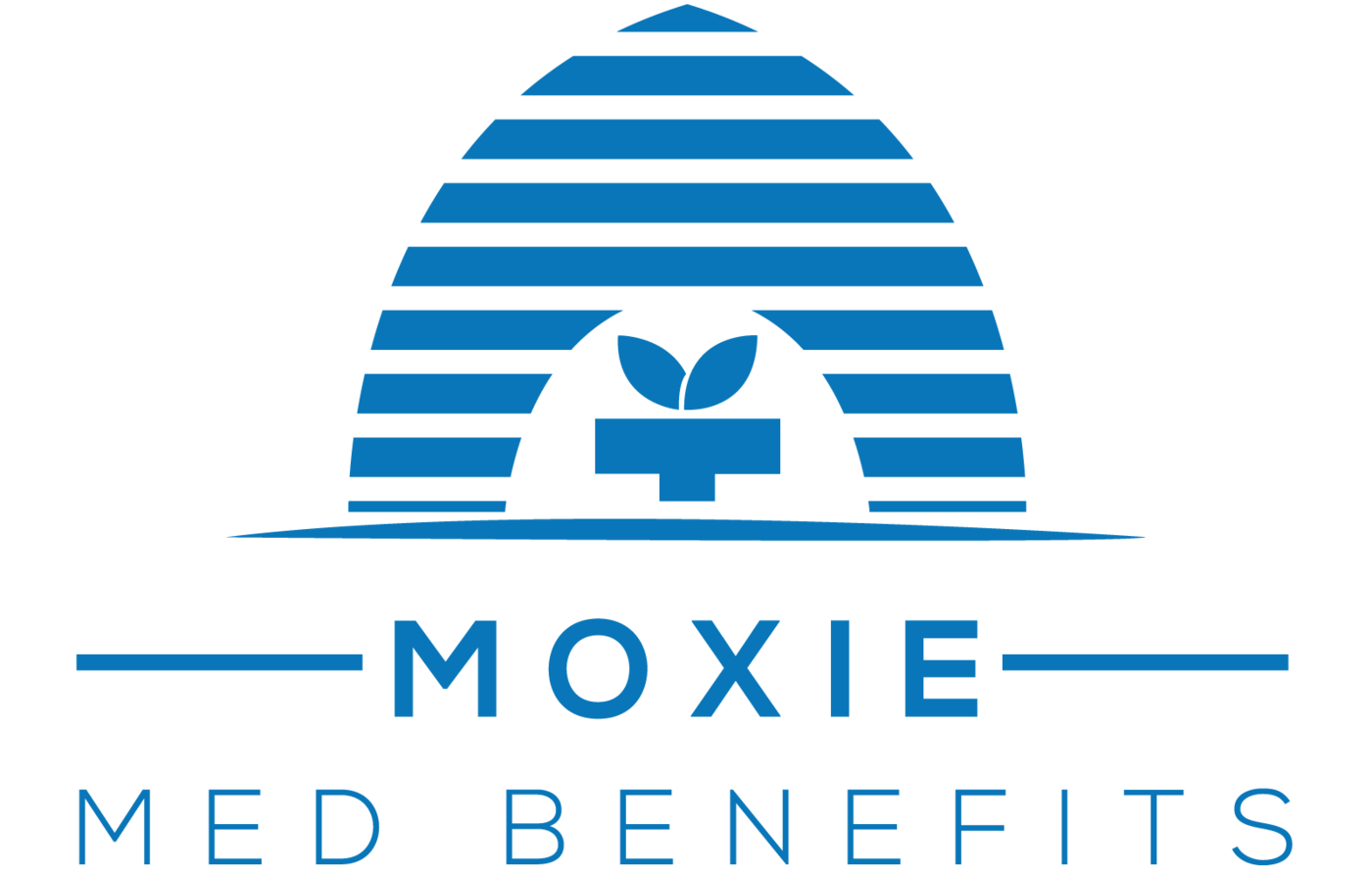Frequently Asked Questions
What is a Medicare Advantage Plan?
Medicare Advantage Plan, also known as Part C, is a Medicare Plan run by private insurance companies. A Medicare Advantage Plan offers all of the benefits covered under Original Medicare and more. Medicare pays a fixed fee to the plan you choose in accordance with the 2003 Medicare Prescription Drug, Improvement, and Modernization Act. It covers all of the benefits covered under original medicare and more, like Dental, Hearing, vision and Gym Memberships.
What is the difference between Medicare Advantage & Medicare Supplements?
Medigap and Medicare Advantage both protect against bills for health care costs Medicare doesn’t cover. Medicare Supplement Insurance, also called Medigap coverage, charges a premium in addition to what the person already pays for Medicare Parts A, B, and D.
With a Medicare Advantage Health Plan (Medicare Part C), a patient enrolls through a private company that usually covers what’s in Parts A, B, and D.
Medigap coverage usually has a higher monthly premium but could result in lower out-of-pocket expenses than some Medicare Advantage plans. Medicare Advantage plans, on the other hand, generally cost less and cover more services, which can be the better option for your budget.
What types of Medicare Advantage Plans are there?
- Health Maintanence Organizations (HMOs) require you to use health care providers in your network and may require referrals from a primary care physician in order to see a specialist
- Preferred Provider Organizations (PPOs) recommend the use of “preferred providers” in an established network and these plans are more likely to cover most of your medical costs if you stay in-network. You do not need a referral to see a specialist.
- Private Fee For Service (PFFS) plans determine how much they will pay health care providers and how much the client is responsible to pay for out-of-pocket costs.
- Medical Savings Plans (MSP) deposit money into a “health care checking account” that combines high-deductible health plans with a medical savings account to help pay for costs.
- Special Needs Plan (SNP) are tailored health insurance plans designed for clients with certain health conditions
Why do I need Dental, Hearing, and Vision insurance?
Consider the advantages to your health – our oral, eye, and ear health can be key indicators in deteticing early stages of many health risks and diseases along with preventing other health issues.
If I have Part D, are all of my drugs covered? How much will they cost?
- It depends on the federal government guidelines on the type of prescription drugs that must be covered which does not necessarily mean your prescriptions are covered.
- Each insurance company has a different formulary (list of drugs they cover), depending on which plan you enroll in and the area you live in.
- Costs of each plan varies depending on the plan and drug formulary.
- Senior Med Benefit agents will review your prescriptions, benefits, and the cost plans prior to enrolling you in a Part D Prescription Drug Plan.
I have a Disability - is there Medicare coverage for me?
You may qualify for Medicare before age 65 if:
- You’re disabled and have received disability benefits from the Social Security Administration (SSA), or certain Railroad Retirement Board (RRB) disability benefits, for at least two years.
- You have Lou Gehrig’s disease (amyotrophic lateral sclerosis, or ALS).
- You have end-stage renal disease (ESRD).
Make an appointment with us to go over specfics and ask any questions you may still have.
I have have a low income - is there Medicare coverage for me?
A low-income subsidy (called Extra Help) is available to help pay the premiums, deductibles, and co-payments of the Medicare prescription drug benefit. The amount of the subsidy varies depending on income.
To qualify for Extra Help, you must meet the following criteria:
- Your annual income must be no more than $18,210 for an individual or $24,690 for a married couple living together (in 2018).
- Your resources must be no more than $14,100 for an individual or $28,150 for a married couple living together (in 2018). Resources do not include your home, car, and personal possessions.
You automatically qualify for Extra Help if you are enrolled in Medicaid (you are a “dual eligible”), you are enrolled in Medicare Savings Programs (MSPs), or you get Supplemental Security Income (SSI).
